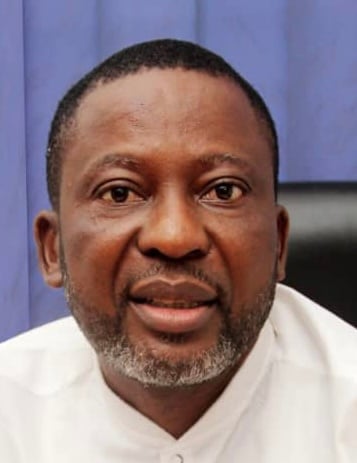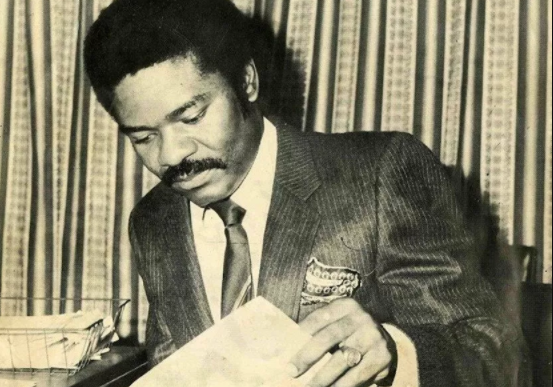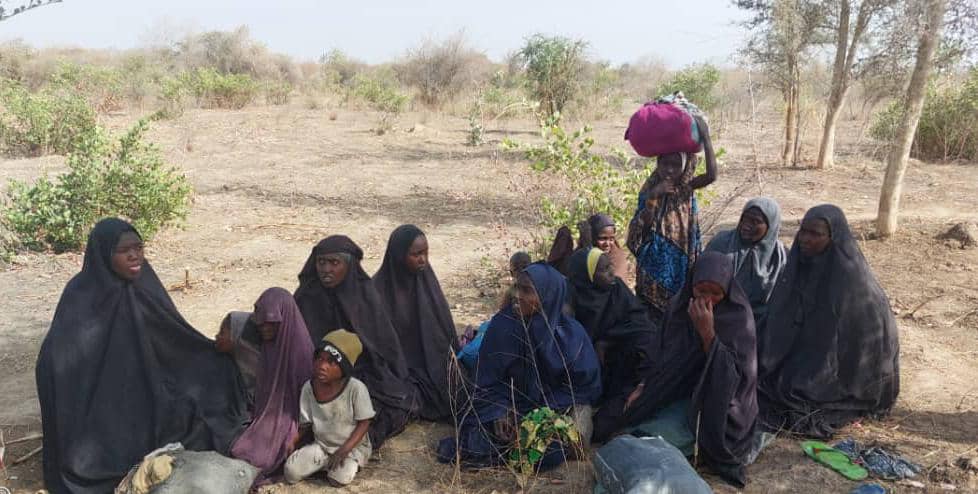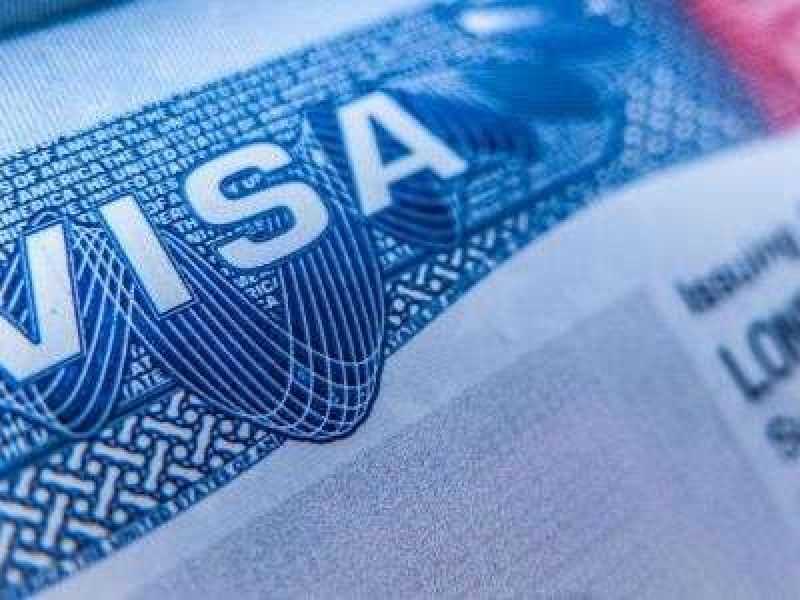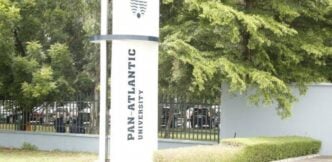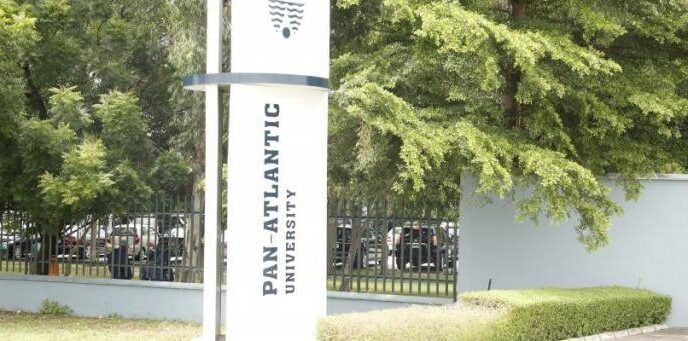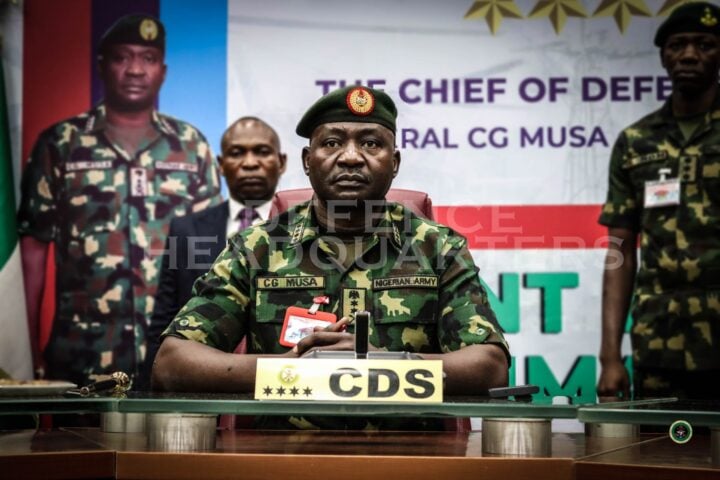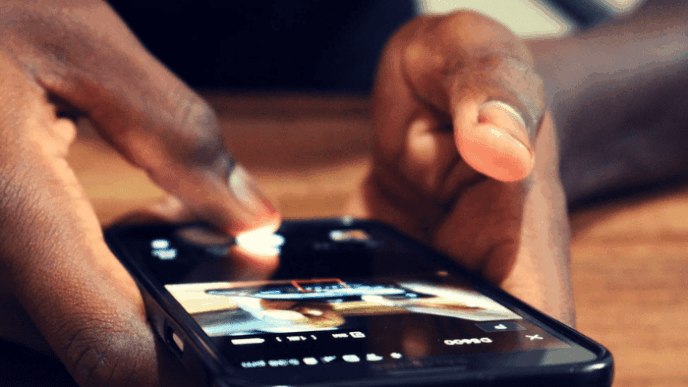"Peace" written on the sand at the beach during sunset, photo with copy space
Nigeria is a nation haunted by ghosts of wars fought, lives lost, promises broken, and wounds left to fester for decades. From the devastating civil war that claimed over a million lives to the Udi massacre that painted an entire community in blood, our history is not merely written in ink; it is etched in pain.
The execution of Ken Saro-Wiwa and the Ogoni Nine stands as an indelible scar on our collective conscience and a stark reminder of how injustice can silence voices, and how silence can fuel rage.
Beyond the age long anger, Nigeria today is boiling, from the streets of Lagos to the creeks of the Niger Delta and from the dusty roads of Zamfara to the bustling markets of Aba, the air is thick with frustration. Anger over bad governance, inequality, ethnic strife, and broken promises has reached a feverish pitch.
But here’s the hard truth: rage without direction is a wildfire, it burns everything, and builds nothing.
Advertisement
Today, more than 50 years after the guns of the civil war went silent, the echoes of division still reverberate across our land. Ethnic distrust, political exclusion, and economic marginalization have continued to tear at the fragile threads holding Nigeria together.
We see it in protests that flare up like wildfires, in separatist agitations, in the cries of communities that feel abandoned by the state. Anger simmers, not because Nigerians are innately violent, but because for too long, the truth has been buried beneath layers of denial.
Nigeria cannot continue to paper over decades of accumulated grievances without tangible solutions and expect lasting unity. The time for a deliberate and structured process of reconciliation is now, and this is why the establishment of a Forum for National Restoration is not just desirable, it is necessary.
Advertisement
A reconciliation forum provides a neutral platform for truth-telling, dialogue, and justice, three pillars that sustain national healing. In Nigeria’s context, such a forum would serve as: a national truth-telling mechanism to address historical injustices; be they from the civil war, ethnic cleansing, or political exclusions, that continue to define inter-ethnic relations today.
It should also be a blueprint for justice and inclusivity, ensuring marginalized voices are not only heard but integrated into national decision-making. And an instrument of civic enlightenment, correcting narratives that perpetuate division and replacing them with shared values of unity, equity, and accountability.
Without this, Nigeria risks remaining a ticking time bomb, where anger is recycled into violence rather than reform.
The more rhetoric question that arises is what if we flipped the script? What if we turned all that raw fury into a force, a force for reform, for unity, for building a nation that finally works for all of us?
Advertisement
To achieve its objective of truth and national reconciliation, the Forum for National Restoration, through its upcoming Planning and Enlightenment Summit themed “National Truth and Reconciliation,” offers a bold and necessary first step toward healing our fractured nation.
Its first planning and enlightenment programme is scheduled to hold on Tuesday, August 25, 2025, at the Symposium 11, National Merit Award House, Aguiyi Ironsi Street, Maitama, Abuja. The reason for this event is simple, but yet profound and raises a timely question: can we turn our national anger into national action?
History teaches us that reconciliation is not weakness, it is strength. Many nations have walked this difficult but rewarding path: South Africa after decades of apartheid, the nation stared at the abyss of civil war. The Truth and Reconciliation Commission (TRC), spearheaded by Archbishop Desmond Tutu and endorsed by Nelson Mandela, provided a framework for truth-telling and forgiveness. It did not erase the pain, but it built a bridge from bitterness to co-existence.
Rwanda in the aftermath of the 1994 genocide that killed nearly a million people is another telling example. Rwanda could have collapsed into perpetual revenge, instead, through Gacaca community courts and structured reconciliation programs, it rebuilt its society on justice, healing, and unity.
Advertisement
Post World War 11 Germany institutionalized remembrance and accountability by openly acknowledging atrocities and committing to restitution. It transformed from an aggressor nation to a global model of democratic responsibility.
And the list goes on and on. And each of these nations had a choice to remain captives of their past or to confront it boldly and build a new future. They chose the latter.
Advertisement
Nigeria must do the same or risk imploding under the weight of unresolved grievances. The planned summit is not just another talk shop, it is a clarion call to stakeholders: government, civil society, traditional leaders, the media, and every Nigerian to transform protests into progress, and fury into a force for unity.
The truth must be told, however uncomfortable. Apologies must be made, however belated and policies must be reformed, however politically inconvenient.
Advertisement
National healing is not a miracle; it is a process, a deliberate, structured, and inclusive journey. The Forum’s enlightenment program seeks to lay this foundation by fostering dialogue, rewriting the narratives of hate, and promoting the values of justice, equity, and accountability. It is about acknowledging that peace is not the absence of conflict but the presence of fairness and truth.
Nigeria stands at a crossroads with one path leading to deeper fragmentation, where anger fuels more violence and violence births more anger. While the other leads to restoration where we harness the energy of our frustrations to build a nation that works for all.
Advertisement
While the choice is ours, the time to choose peace against aggression is now.
If South Africa could rise from the ashes of apartheid, if Rwanda could heal after rivers of blood, then surely Nigeria can reclaim her soul. But only if we have the courage to confront our past, speak the truth, and turn anger into action.
The Forum for National Restoration has lit the torch and it is up to us to carry it forward because in the end, silence will not save us but truth, reconciliation, and collective action just might.
The stakes could not be higher. If Nigeria continues on its current path of managing anger rather than resolving it, it risks descending into a spiral of fragmentation that no military might or political rhetoric can stop.
But if we choose the harder, nobler path of reconciliation, Nigeria can yet rise from the shadows of its past into the light of a shared destiny. As South Africa showed, as Rwanda proved, and as Germany demonstrated, nations do not heal by chance; they heal by choice.
The anger in our streets is real, but so is the possibility of transformation. We can either let fury consume us, or we can weaponize it into action that finally delivers justice, equity, and a working nation. Turning fury into force isn’t just a catchy phrase, it’s Nigeria’s last chance.
So we cannot just sit back and scroll through chaos but we have to show up and rewrite history? The Forum has set the table. The future is waiting and the choice before us is clear: remain prisoners of history, or become architects of a united future.
From rage to reform, the journey begins with truth, courage, and a willingness to reconcile. The Forum for National Restoration offers this chance and Nigeria must take it now.
Okoronkwo is a communications strategist, a leadership and good governance advocate dedicated to impactful societal development and can be reached via [email protected]
Views expressed by contributors are strictly personal and not of TheCable.
